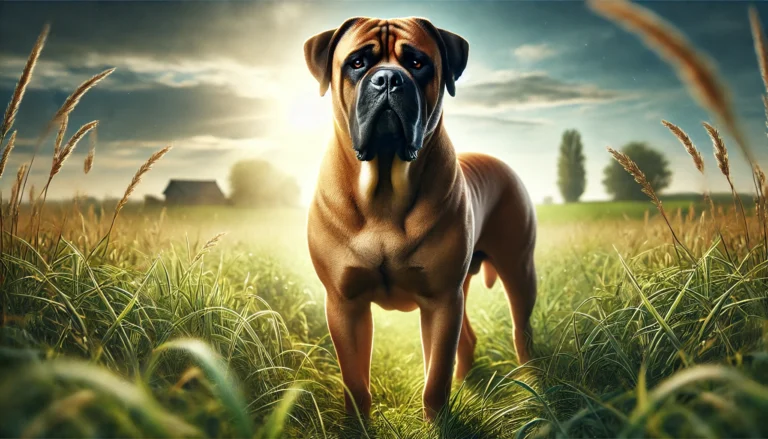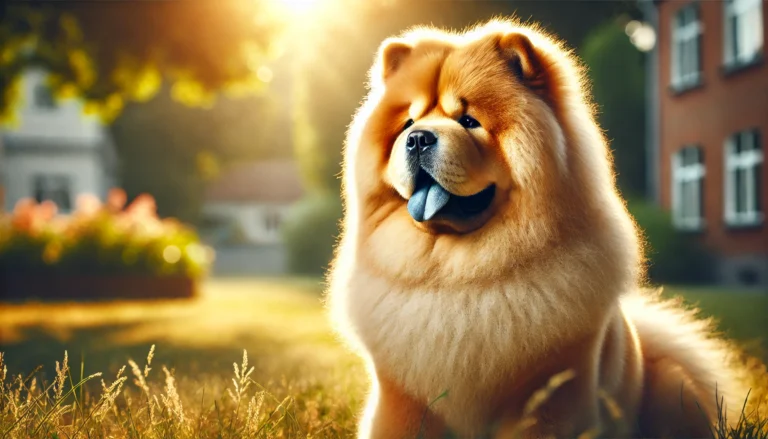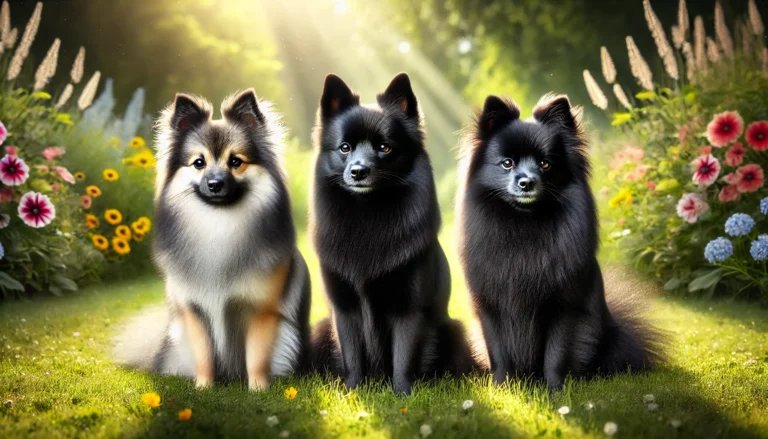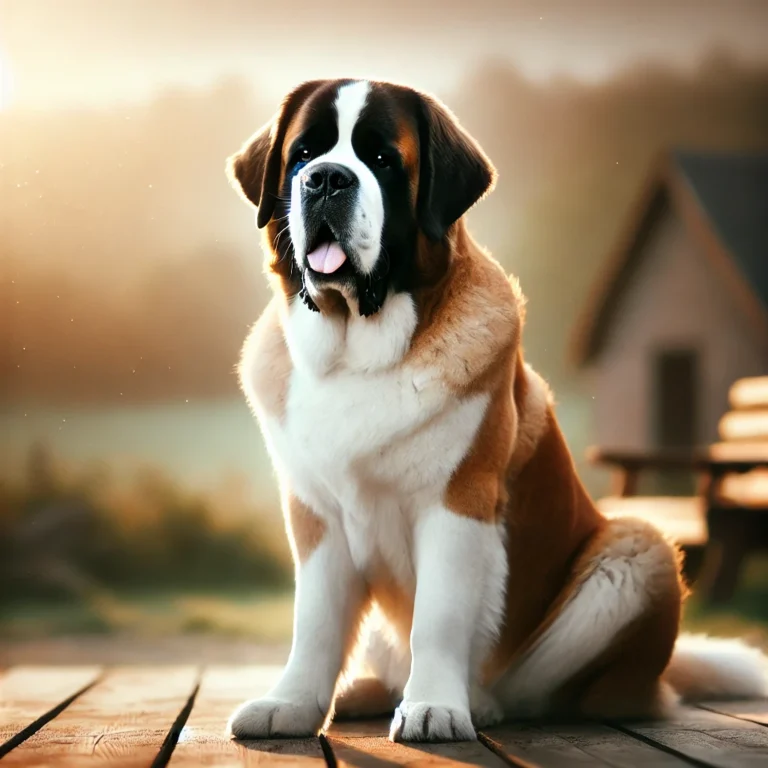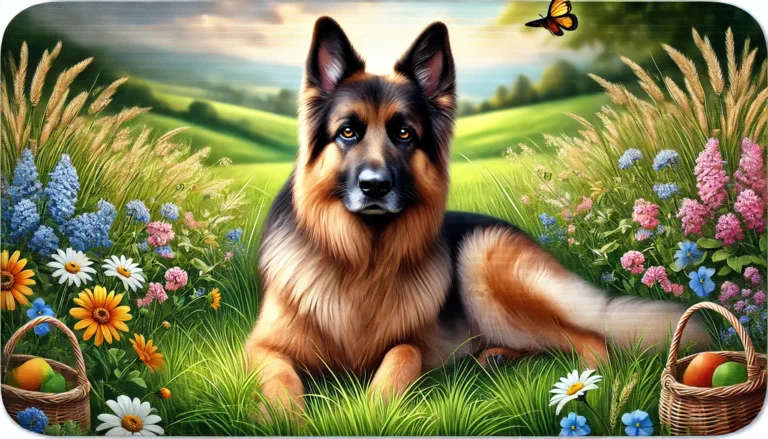shih-poo dog breed: health and care
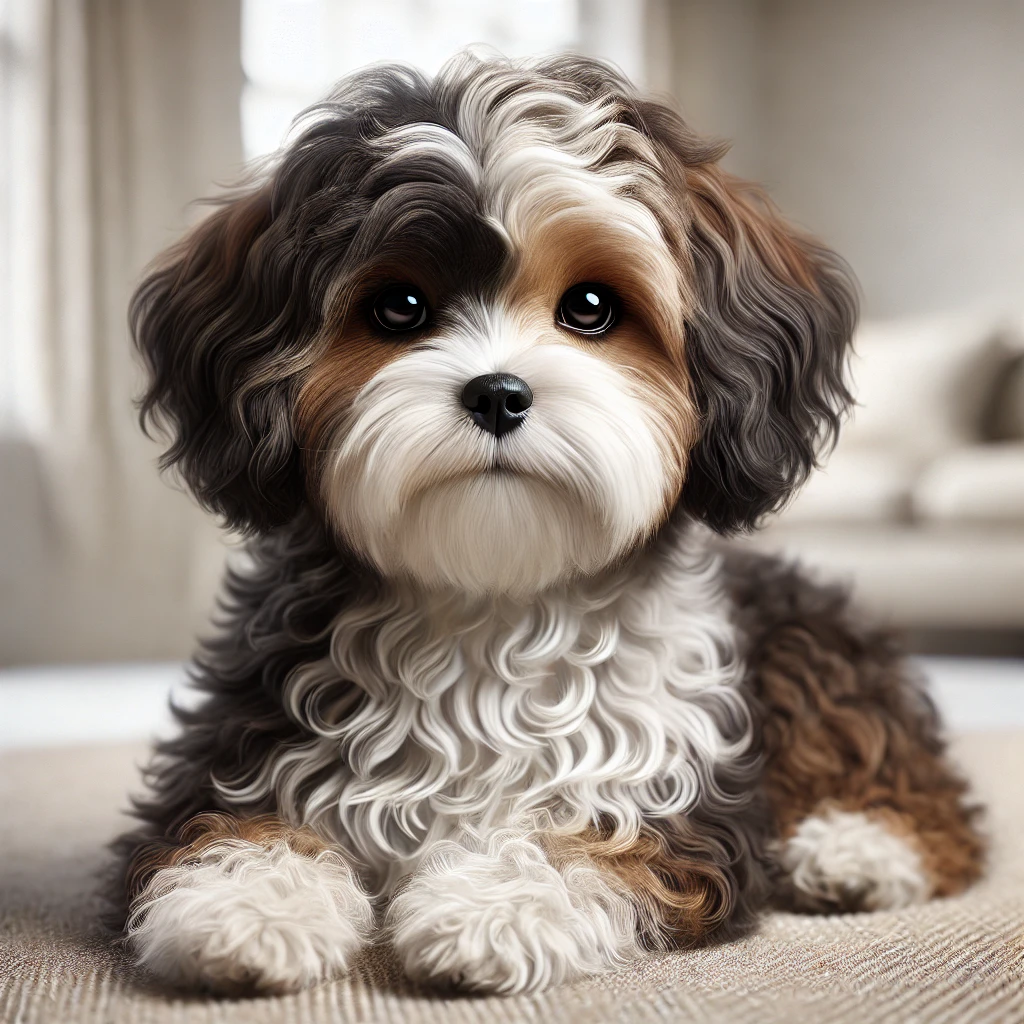
If you’re considering a Shih-Poo as your new best friend or already have one snuggling up on your lap, you’re in for a treat! Shih-Poos, a delightful cross between the Shih Tzu and the Poodle, are known for their friendly demeanor and fluffy appearance. But beyond their cuteness, they have specific needs that, when met, can help them lead a healthy, joyful life. This guide will walk you through every aspect of Shih-Poo care, from their diet and health needs to grooming and training tips.
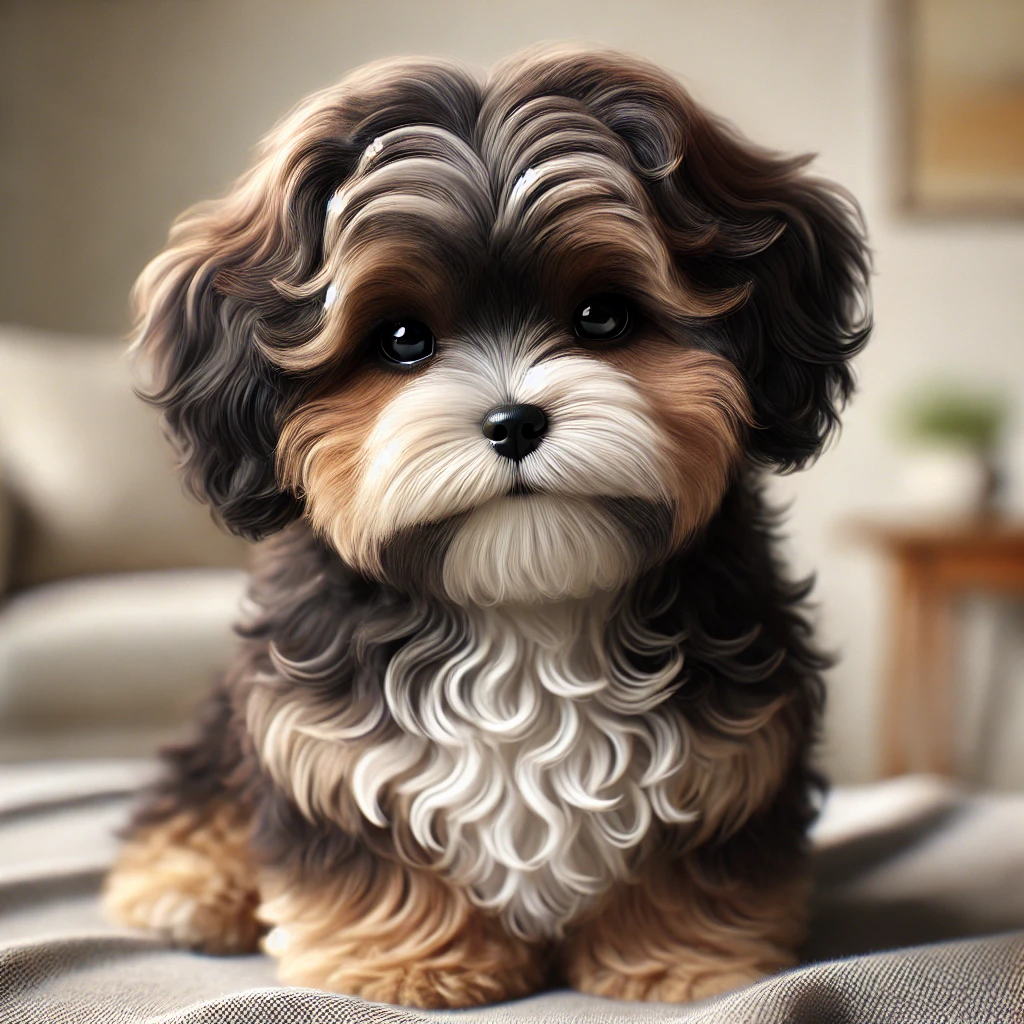
Characteristics of shih-poo dog breed:
| Characteristic | Details |
|---|---|
| Breed Type | Hybrid (Cross between Shih Tzu and Poodle) |
| Size | Small |
| Weight Range | 8-18 pounds |
| Height Range | 8-15 inches at the shoulder |
| Life Expectancy | 12-15 years |
| Coat Type | Wavy to curly, varies in density; hypoallergenic traits from Poodle parent |
| Coat Colors | Varies widely, including black, white, brown, cream, and combinations |
| Temperament | Friendly, affectionate, playful, adaptable |
| Energy Level | Moderate |
| Exercise Needs | Daily walks and play sessions to manage energy levels |
| Grooming Needs | High; requires regular brushing and professional grooming every 4-6 weeks |
| Dietary Needs | Balanced diet suitable for a small, energetic breed; prone to obesity, so portion control is key |
| Health Concerns | Dental issues, allergies, brachycephalic respiratory issues, prone to genetic disorders |
| Training Requirements | Intelligent but can be stubborn; responds well to positive reinforcement |
| Socialization Needs | High; early and ongoing socialization is important to prevent timidity or anxiety. |
Health and Longevity: Ensuring a Healthy Life
Common Health Concerns: Like all breeds, they have certain health vulnerabilities. They can inherit conditions like dental overcrowding, allergies, and brachycephalic syndrome from their parent breeds. Staying on top of these potential issues with regular vet visits is key to prevention and early treatment.
Life Expectancy: With proper care, your fluffy friend should enjoy a lifespan of approximately 12 to 15 years. This is heavily influenced by diet, exercise, and their overall health management.
Did you know?
Bug bites on dogs is a common problem and its solution varies from type of bugs that a dog encounters with.
Nutritional Needs: Feeding Right
Balanced Diet: The ideal diet should include high-quality dog food rich in nutrients that support their energy levels and coat health. Whether you choose dry kibble, wet food, or home-cooked meals, ensure it’s suited for small breeds with high energy levels.
Watch Their Weight: Portion control is important, as small breeds can easily become overweight, leading to other health issues. Following feeding guidelines on food packages or those provided by your vet is crucial.
| Weight Range | Daily Calories |
|---|---|
| 5-10 lbs | 250-400 kcal |
| 10-15 lbs | 400-600 kcal |
| 15-20 lbs | 600-800 kcal |
Grooming of shih-poo dog
Coat Care: Their coat requires regular grooming to prevent mats and tangles. Brushing several times a week and professional grooming every 4-6 weeks is recommended. This not only keeps them looking good but also supports skin health.
Nails and Teeth: Regular nail trims and dental care are essential. Due to their predisposition for dental issues, brushing their teeth several times a week or even daily is beneficial.
Exercise and Mental Health: Staying Active and Engaged
Physical Activity: Shih-Poos have a moderate energy level. Daily walks and playtime are necessary to keep them healthy and prevent behavior issues.
Mental Stimulation: They are intelligent and curious dogs; thus, mental stimulation is as important as physical exercise. Puzzle toys, new tricks, and interactive games can keep their mind sharp and focused.
Training: Building a Well-Behaved Companion
Consistency is Key: Training a Shih-Poo requires consistency and patience. They respond well to positive reinforcement—praise, treats, and play can lead to great results.
Social Skills: Early socialization is crucial in shaping a well-rounded dog. Exposing your Shih-Poo to various people, pets, and environments can help them develop into a confident and calm adult.
Conclusion: A Lifetime of Companionship
Owning a Shih-Poo is a long-term commitment that brings endless joy and companionship. By understanding and catering to their specific needs, you will ensure a fulfilling and loving relationship with your Shih-Poo. Remember, the key to a healthy Shih-Poo is as much about nurturing their physical health as it is about cherishing their cheerful spirit.

